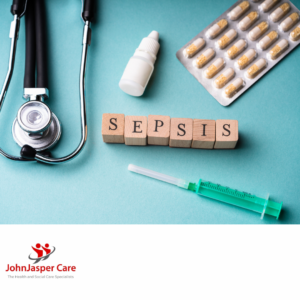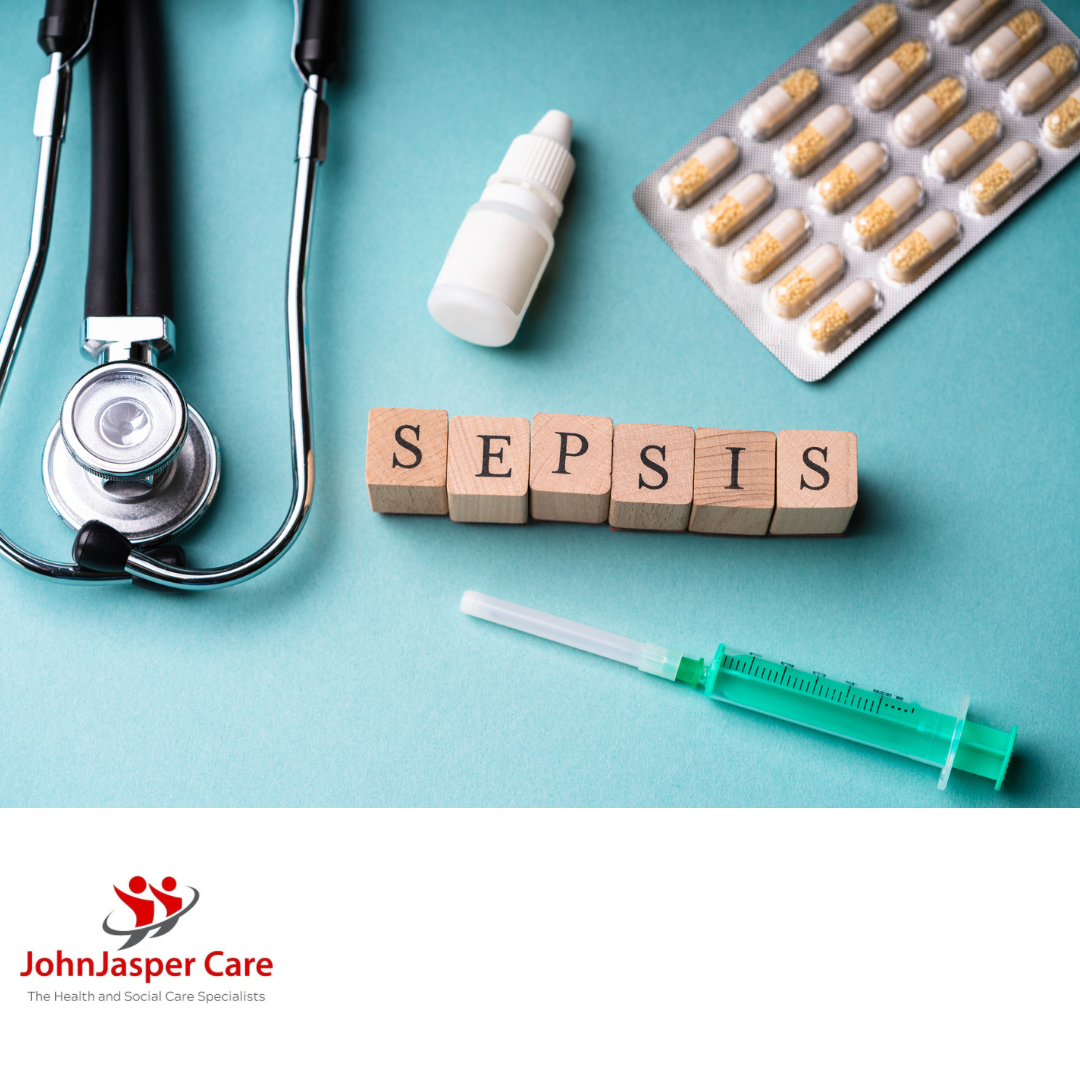
Sepsis is a serious and potentially life-threatening condition that occurs when the body’s response to an infection becomes dysregulated. It is often referred to as “blood poisoning” and can lead to organ failure, tissue damage, and death if left untreated. Sepsis can develop from any type of infection, whether it be bacterial, viral, or fungal, and can affect people of all ages. The body’s immune system responds to an infection by releasing chemicals into the bloodstream to fight off the invading pathogens. However, in sepsis, these chemicals can cause widespread inflammation throughout the body, leading to a cascade of harmful effects. Symptoms of sepsis can vary, but typically include a high fever, rapid heart rate, difficulty breathing, and confusion. If left untreated, sepsis can progress to septic shock, which is a life-threatening emergency that requires immediate medical attention. It is crucial to seek medical help as soon as possible if you suspect sepsis, as early detection and treatment can greatly improve the chances of survival. It is also important to remember that sepsis can develop in anyone, even those who are otherwise healthy, so it is essential to be aware of the signs and symptoms and seek medical attention if necessary.



